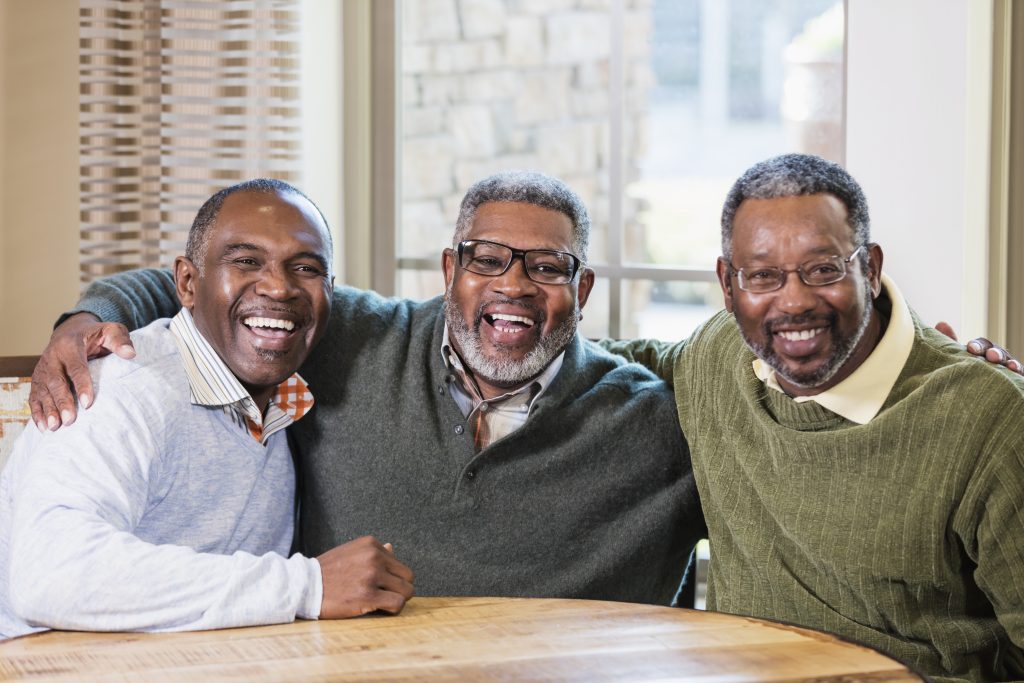
By Kori Hale
Many people saw the passage of a second stimulus bill as inevitable and now that U.S. Senate’s recess is over, they need to quickly alleviate the financial stress of millions. The original second proposed stimulus check was likely to provide 26 million more people with cash thanks to the Health, Economic Assistance, Liability Protections and Schools Act (HEALS). With the labor market stagnating, people are waiting on the government to execute checks and on provisions in the HEALS Act to ensure it doesn’t have a discriminatory impact against Black families and low-income households, which have been disproportionately affected by the pandemic and resulting economic turmoil. Given the impending election and abysmal economy, just how incentivized will they be to get money in the hands of citizens who need support?
The Breakdown You Need To Know:
The Senate-led HEALS Act and the House-approved HEROES Act proposals (which are not law) include money for a second stimulus check of up to $1,200. But they differ by a couple trillion dollars on other measures to include for economic relief. A second stimulus check could help buoy members of the Black community until the economy and job market stabilize. Perhaps stimulus checks, part deux, will go out in September. Though it’s more likely that a bill will be passed sometime this month, with checks to be issued in October. CultureBanx reported if it doesn’t happen before the November Presidential election, folks probably won’t see checks until 2021, if at all.
With nagging disparities in income, family wealth, unemployment and more, millions of people are often just one paycheck away from financial disaster. Even though unemployment numbers have fallen in the last month down to 8.4% in August, the economy is still in crisis mode. There are 11.5 million people without jobs. That number is far worse in the Black community as unemployment now stands at 13%, and remains the highest among large racial groups. Let’s hope people of color will receive these second checks a lot quicker than they did the first time.
A study by the Urban Institute found discriminatory outcomes with stimulus checks that were delivered faster to wealthy whites than to Black and Hispanic families, as well as to lower-income households. Specifically, three-quarters of white adults received their checks by late May, compared with 69% of Black adults and 63% of Hispanic adults.
Not to mention, nearly half of all Americans have reported the loss of income from March through the beginning of July, according to Census data. This highlights the financial stress households are facing as the pandemic and economic lockdown triggers the worst downturn since the Great Depression.
Without a second stimulus check, renters are in trouble like never before due to the threat of eviction. Especially, when you consider that only 44% of Black families owned their homes as of the first quarter of 2020, according to Redfin RDFN +6%. Since the majority of Black people don’t own homes and have the highest unemployment rate, this financial impact is likely to also be felt more intensely in this demographic. A report from the Urban Institute, found that nearly one in four Black and Latino renters didn’t pay or deferred their rent in May. It’s possible that rental assistance, not a second stimulus check, is more crucial to subdue the threat of evictions.
It’s not just renters in the Black community in need of a stimulus check, with more than 40% of U.S. renters being impacted by the COVID-19 crisis. Last June, the national average rent reached $1,405, an all-time high. Just under 12 million renters could be facing eviction over the next four months alone, according to Stout Risius Ross. Also, African-Americans are significantly more likely to be low-income renters.
It’s important to note that the issues identified in the shortcomings of distributing stimulus checks to low-income and minority citizens could pose challenges again when lawmakers decide to send out a second round of stimulus payments, as expected. While it seems like things could be fairly straightforward, that’s where the clarity stops and confusion begins.
What’s Next:
Let’s not forget that last month President Trump signed an executive order to extend federal unemployment benefits by up to $400 per week. However, the benefit was contingent upon states funding 25%, or $100 of it. So far five states intend to implement this, but none of them have started, meaning the federal unemployment benefit will only be $300. Even if a second stimulus check comes, at this point it may be too late to stymie the ongoing financial losses across multiple sectors and communities.
I am the CEO of Culture Banx covering the intersection of business, technology and innovation for minorities. I was raised in investment banking while working at UBS
…










